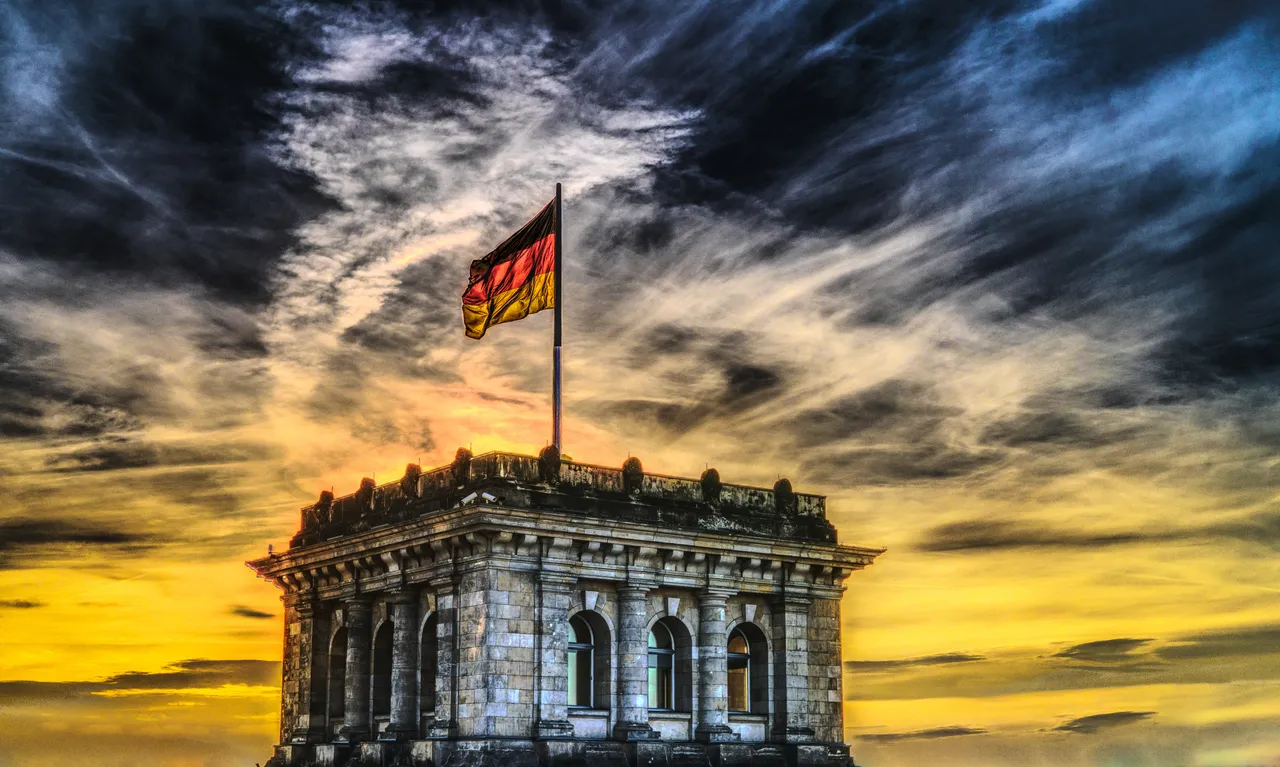
This form of government holds the most powerful (often wealthy) in positions of authority, with almost no involvement from the public. Some types can be hereditary (position passed down to family) and other elective. Where it differs from a democracy is that only a small amount of a state’s citizens are able to have a say in the governing. Here are a few examples of oligarchies, of course there can be many, many more thought up, based on what the state determines as "powerful".
Aristocracy:
Nobility--whether by influence, family line, or wealth--govern the state with no involvement from the public. This government is often close-knitted and strict on who it allows in and who has power.Plutocracy:
Here the governing body are the wealthiest and have all the power, usually passing and repealing law in favour of acquiring more wealth and preserving a strict class dissection of the state.Kraterocracy:
Like Kratos, this type of government is ruled by the strong. Be it physical, political, or social, the strongest of the state determine the laws and structure of all its people.Stratocracy:
Think Sparta. In this government, the military are the rulers, but is not a military dictatorship. This state would be guided by warfare and military prowess in social and political decisions.Meritocracy:
Members of government earn their position by excellence in their abilities and skills, and merits citizens who show such excellence. The government are thus in the position to make laws or repeal them on behalf of the citizens.Technocracy:
Similar to a meritocracy, this form of government elects experts in their fields based on their knowledge and intelligence of the physical or digital sciences.Theocracy:
In this government, the religious institutions determine law and rule a state under the guidance of their religious scripture and traditions.Kritarchy:
Unlike other government types, this rules a state by law--literally. Instead of government officials, law enforcement determines and enforce the governing.Particracy:
Here the government comprises of a single political party or a combination of parties, where citizens vote for the ruling party instead of the president or members of government.Netocracy:
Like an aristocracy, this government is ruled by a select few with power. Instead of wealth or family status, those who accrue the most networking influence on the internet, rule the state.
In Part 4 we’ll look at the types of autocracies and monarchies, so stay tuned!